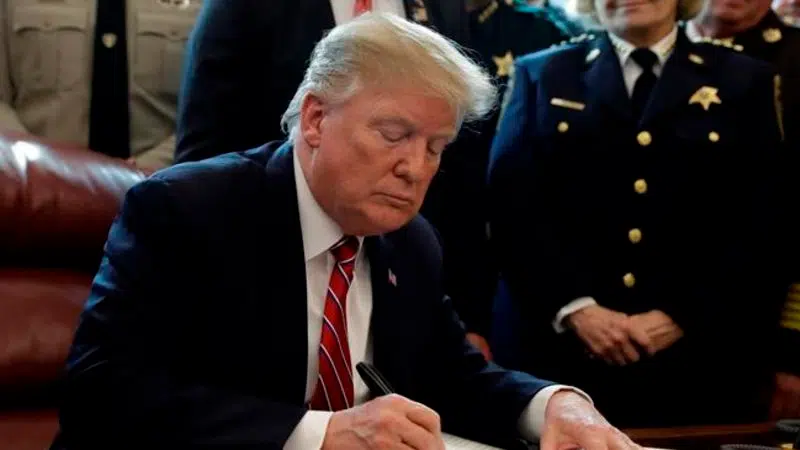
House vote to stop Trump’s border wall plan likely to fail
WASHINGTON — President Donald Trump is nearing a victory over Democrats as the House tries overriding his first veto , a vote that seems certain to fail and would let stand his declaration of a national emergency at the Mexican border.
Tuesday’s vote would keep the border emergency intact, which for now would let him shift an additional $3.6 billion from military construction projects to work on a barrier along the southwest boundary. Building the wall was one of his most oft-repeated campaign promises, though he claimed the money would come from Mexico, not taxpayers.
Trump’s emergency declaration drew unanimous opposition from congressional Democrats and opposition from some Republicans, especially in the Senate , where lawmakers objected that he was abusing presidential powers.



